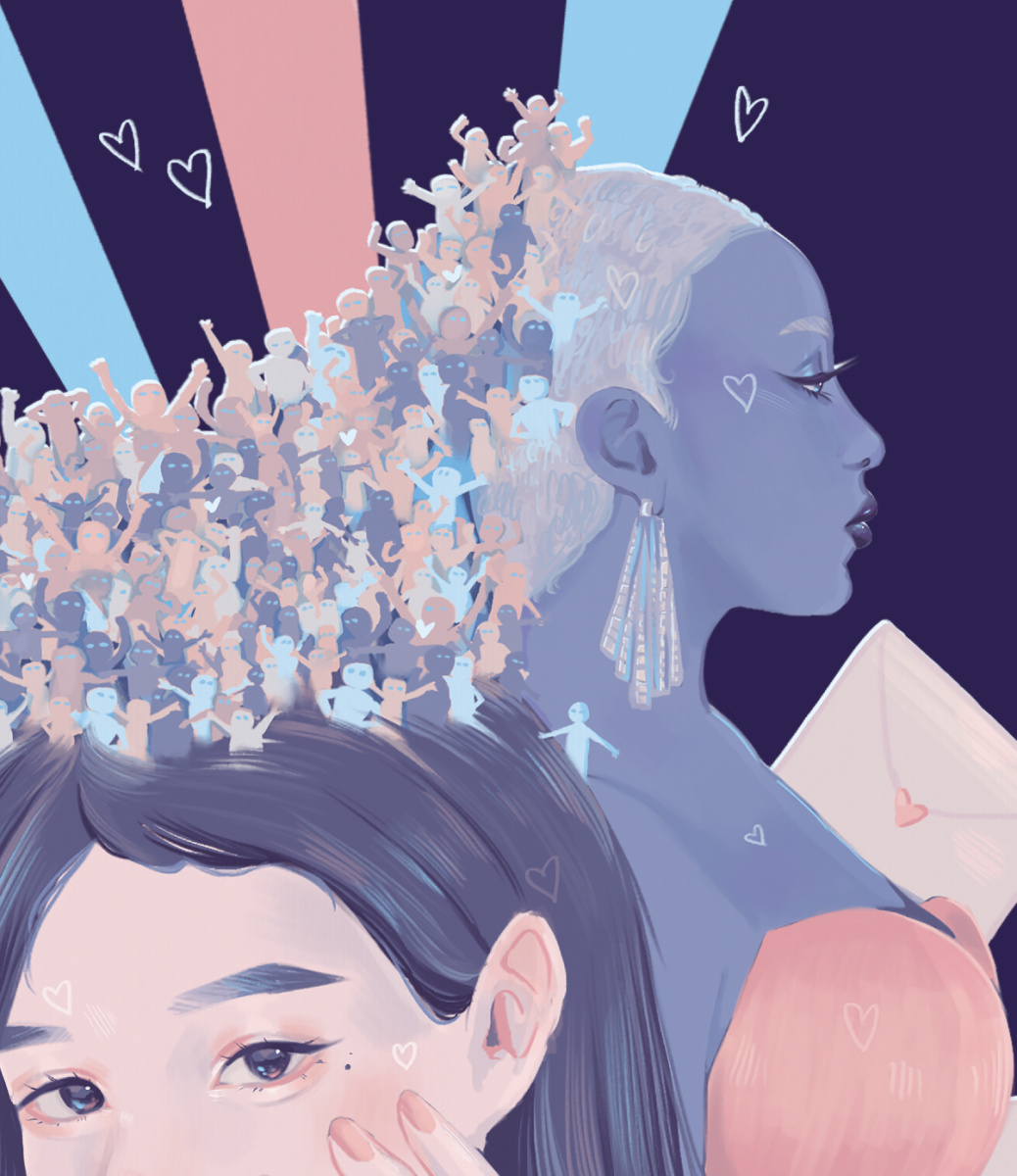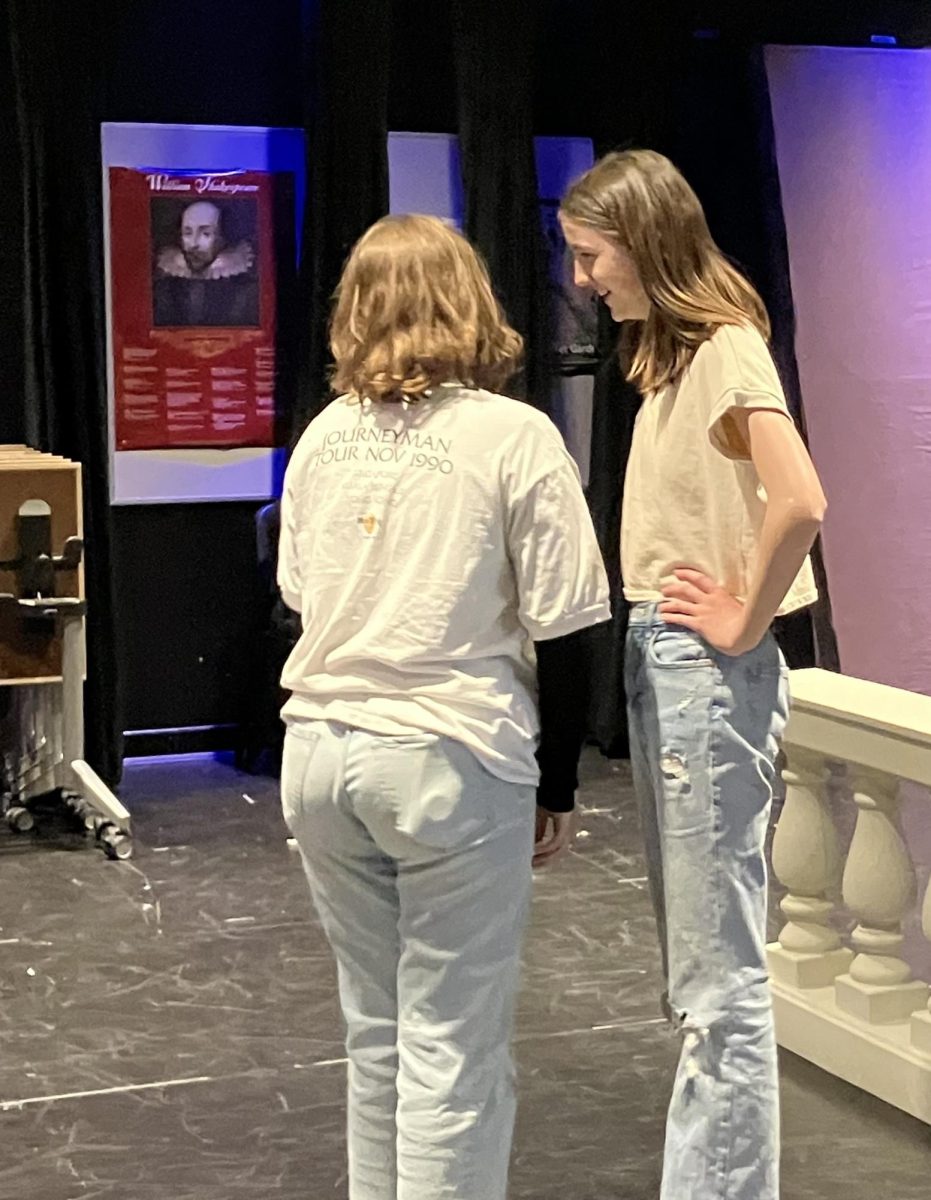In July of 2023, followers of singer and rapper Doja Cat were devastated after she made several public statements condemning them for, among many things, falling for ‘cash grab’ pop albums, calling themselves ‘kittenz’ as a fan name, and generally expressing a love for her and her work. She went as far as to tell fans to “delete [their] entire account and rethink everything” after being asked if there was a different fandom name she preferred. In response, thousands of fans did as she asked and unfollowed or deleted the accounts she had advocated for the removal of, and she came under heavy fire online for the incident.
Doja’s story was an extreme one, but many other artists have gotten into trouble for alleged or open lack of appreciation for their fans. Still, the question remains: what do artists really owe to their fans?
At the opposite extreme is the K-Pop industry, which has one main source of energy: the parasocial relationships that Doja Cat and others have been criticized for denying. K-Pop groups can gain popularity through their music, but typically the members within a group must thrive and become famous primarily based on their public image. Whether through their ‘visual’ (looks), or a funny or cute personality, behind the perfect facade of the industry lies a vicious competition for attention. Western artists face similar hurdles, albeit with a less obvious system of favoring the ones who can appeal to others beyond the music.
If Doja Cat was a K-Pop idol, her career would have been over after the very first tweet, and some may think that this would be a good thing. There wouldn’t be any career to end for her without the fans that she has used social media to disrespect, after all. However, the high rates of mental health issues among Korean idols and the culture that rewards beauty above talent aren’t ideal.
At the end of the day, stardom is a multifaceted issue that varies by culture and is controversial on many levels. Despite this, a middle ground can be found. Unlike the current expectations for K-Pop idols, artists should be treated like what they are–entertainers, not your friends. You cannot expect personal love from the politicians you vote for, so why extend that to a singer or a rapper? Although her words may have come from a place of bad faith, Doja Cat’s tweet when responding to a fan asking for her to say that she loves her fans does have a grain of truth.
“I don’t [love you] though cuz I don’t even know y’all,” This is something that, although it’s harsh, many fans do need to hear. Too many times, there have been stories of fans deluded into believing that their idols care for them personally. This often leads to problematic and sometimes even dangerous behavior from fans. That isn’t always the fault of the artist, but it’s important to remind fans of their true relationship to the artists they follow.
Doja Cat’s response to the controversy and her original tweets were not warranted. Even when considering the pitfalls of parasocial relationships, it’s important to have a level of respect and gratitude for the people who got you to the place you are now. However, the controversy sheds light on a larger issue regarding what it means to be an artist in today’s world and how distant your favorite creators really are.



